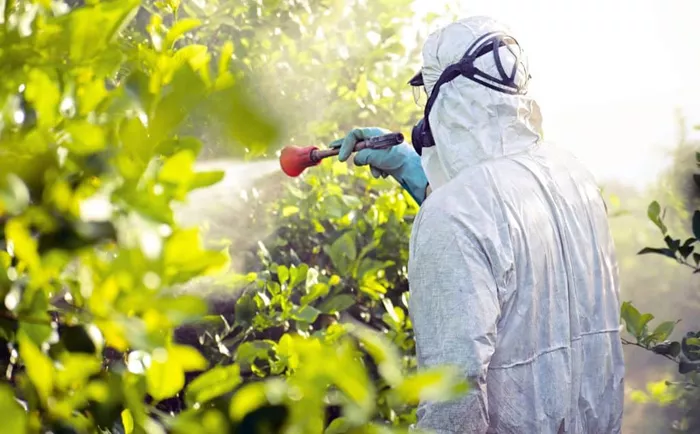A recent study highlights the detrimental effects of pesticides on garden ecosystems, revealing significant harm to wildlife and plant life. Researchers found that these chemicals not only stunt growth and impair reproduction in targeted species but also cause behavioral changes in non-target organisms. The findings indicate that pesticide use is contributing to a biodiversity crisis, with extinction rates comparable to those seen during the time of the dinosaurs.
This comprehensive analysis, published in Nature Communications, examined over 1,700 studies to assess the impact of 471 different pesticide types used in various settings, including gardens. The results show that more than 800 species are adversely affected, leading to reduced growth rates and reproductive success, which can ultimately threaten their survival.
While some experts argue that pesticides are essential for maintaining agricultural productivity, researchers suggest alternative practices for gardeners. These include planting crops at staggered times and incorporating wildflowers to attract natural pest predators, thereby reducing reliance on harmful chemicals.
As discussions on biodiversity protection unfold at the upcoming United Nations conference, this study underscores the urgent need for sustainable gardening practices that safeguard both plants and wildlife from the pervasive effects of pesticides.


